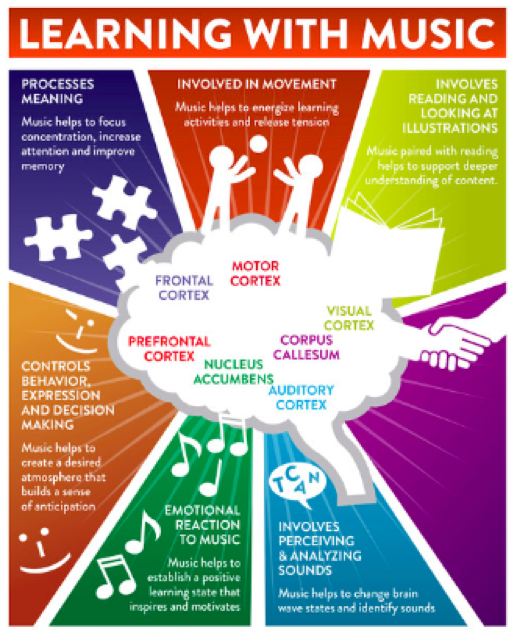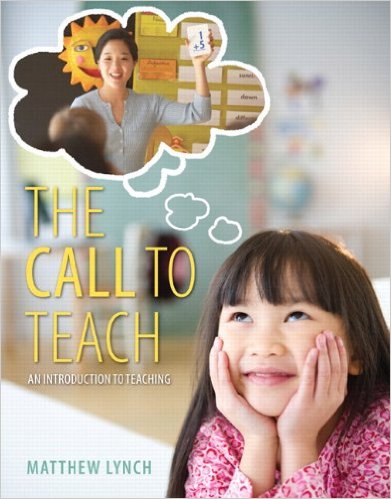The Five Major Features of Summative Assessments

Creating a classroom assessment that best quantifies your students’ learning can be tricky business. Because of their broad scope but specific content focus, summative assessments can be a powerful tool to quantify student learning. However, in order for a summative assessment to be most effective, five aspects must be in play: authenticity, reliability, volume, validity, and variety. Here’s how each fits into the summative assessment equation:
1. Authenticity
A test should examine real-world applications. For example, a math test with equations alone is less effective than one with story problems or ways to associate the skill outside of the testing environment. It’s one thing for students to memorize a fact or answer; it’s another for them to comprehend the material in order for it to be helpful later in life.
2. Reliability
Tests given as summative assessments should hold up in another setting, or with another set of students. In other words, the reliability of an assessment implies that it consistently produces similar results when given under similar conditions. Standardized tests are an example of assessment meant to be reliable in every setting.
3. Volume
Educators should avoid the urge to over-test. Summative assessments should be used only when absolutely necessary to determine the level of learning that has been achieved. Too much volume leads to testing fatigue for both students and teachers and can inadvertently cause the quality of the testing to suffer.
4. Validity
As closely as possible, testing needs to reflect the objectives taught in a certain period of time. Educators should already know learning goals before teaching a particular topic or in a certain time frame. Validity does not exclude valuable student-led discussions from teaching modules, but educators should test strictly on the aspired outcomes. It’s unfair to test students on information that was not addressed during a certain teaching episode.
5. Variety
This factor has perhaps the largest impact on student success in summative assessment. Every student demonstrates his or her knowledge in a specific way, and giving a one- dimensional test can adversely affect individual learners. Testing should always include cognitive, psychomotor, and affective learning domains. These include group presentations, work portfolios, research papers, and timed pencil-to-paper testing.
A comprehensive, effective assessment plan for students is one that engages them throughout the learning process by way of formative assessment and then gauges the success of those activities with a summative assessment. Both aspects are needed to better measure student learning and adjust teaching when necessary. By allowing students to influence the learning process along the way, educators will see increased scores on summative assessments.
Thinking about the major points in play for summative assessments as compared to formative assessments can help teachers new and old decide which better serves their classrooms’ needs. Both summative and formative assessments are equally necessary and effective, but have different goals. They are supplementary in the learning process. Although the information gathered by using summative assessments is of great importance, some aspects of the learning process will be left uncovered. While formative evaluation shows the learner’s progression toward the objective, summative evaluation shows whether the student has met the objective. To learn more about summative assessments’ counterpart, check out the article “Seven Major Strategies for Formative Assessments.”





